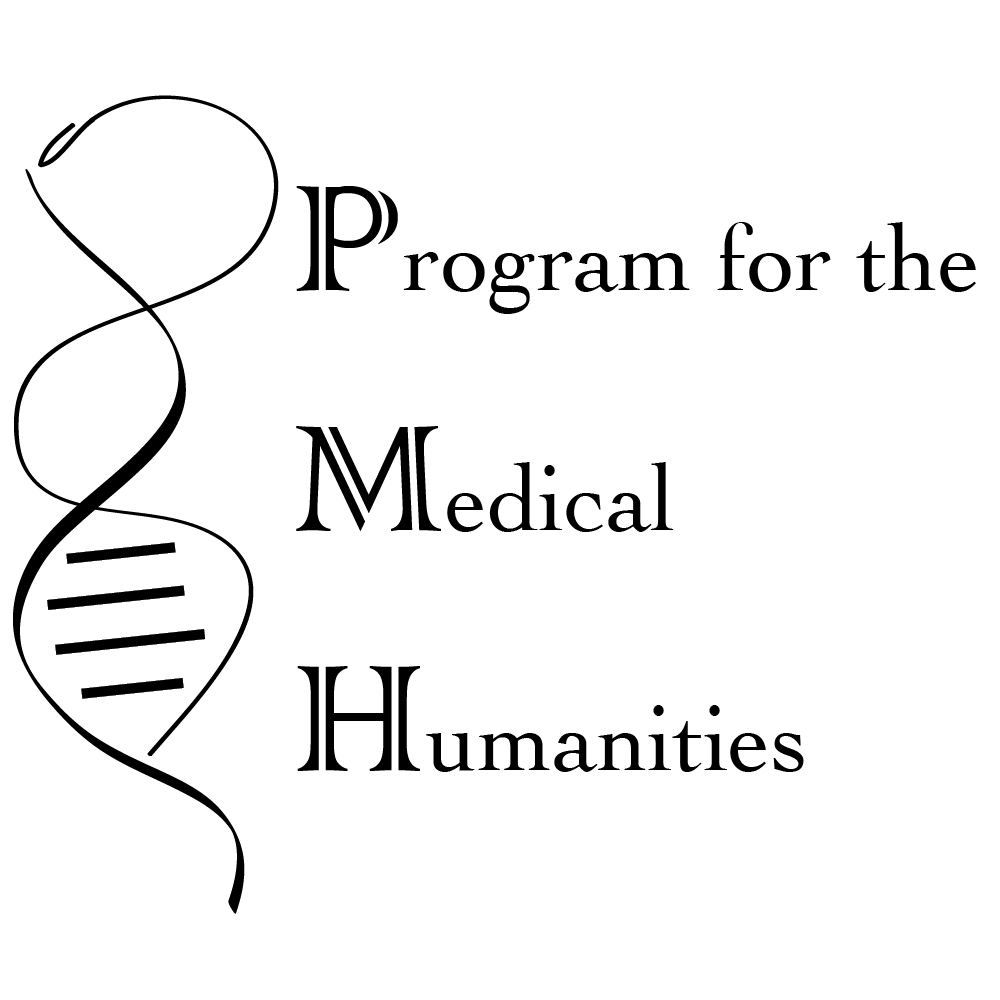 Program for the
Program for the
Medical Humanities Blog
January 31st, 2019 |
by Stuart Kandell

“I will dance until I die.” A series of interviews with older artists from around the world, on living lives full of passion and meaning “Grow Old Along with Me”. . . Eighty-eight year old Tokiko Oyama is barely 5’ tall and appears frail. That is, until she moves, speaks and sings. She is an… Read more
March 2nd, 2018 |
by Stuart Kandell
Wally Warning, 69, is one of Munich’s most popular singer/songwriters. A native of Aruba, his high octane concerts of Caribbean soul and Reggae are regularly sold out. Yet, a year ago he was paralyzed from the neck down with the rare disease GBS (Guillain-Barré syndrome). Today, he is back performing, a bit slower, but with… Read more
December 12th, 2016 |

The short essays that follow are informal reflections of Fellows of the UC Berkeley Program for the Medical Humanities. The Program is an interdisciplinary conversation among scholars and medical professionals about how and where medicine, medical education and the public may benefit from the humanities, arts, and social sciences. Some of those benefits are obvious:… Read more
February 10th, 2016 |
by Guy Micco

The short essays that follow are informal reflections of Fellows of the UC Berkeley Program for the Medical Humanities. The Program is an interdisciplinary conversation among scholars and medical professionals about how and where medicine, medical education and the public may benefit from the humanities, arts, and social sciences. Some of those benefits are obvious:… Read more
February 9th, 2016 |
by Marc Pollock
She walked into our small conference room staying completely in character. We had earlier propped the door open because the room was stuffy, but we closed it now as a gesture of preserving privacy. She was an actress playing the role of a 60 year old woman seeing her “new” doctor to get her prescriptions… Read more
July 14th, 2015 |
by Stuart Kandell
“Living standards will be affected. . .” “Markets worry about fiscal sustainability. . .” “How will our economies and societies respond?” Is this the introduction to the latest disaster film? The Greek debt crisis? A global pandemic? No. It’s a description of the impact of population aging in Europe, The continent… Read more
February 21st, 2015 |
by Marc Pollock
Recently, a young woman with a terminal brain cancer moved to Oregon and ended her life utilizing Oregon’s “Death with Dignity” act. This goes against everything I witnessed in my recent Palliative care and Hospice fellowship where young adults, almost without exception, hold onto life despite all our attempts to push them onto another story.… Read more
January 21st, 2015 |
by Marilyn McEntyre
When I stop blaming, Tolstoy teaches, a burden lifts. It’s a curious, paradoxical idea, since blaming is generally an effort to relieve oneself of a burden of guilt. Tolstoy implies that blaming itself is a burdensome business—effortful and fraught and emotionally demanding. Blame has to be nurtured and sustained. A narrative has to be constructed… Read more
January 14th, 2015 |
by Marilyn McEntyre
I remember the first time someone pointed out that evidence-based empirical scientific double-blind tested AMA supervised Western medicine is a belief system. Like other belief systems. Its credibility depends on a consensual notion of how to establish credibility. It has its own historical narrative that goes from experiment to discovery to correction to experiment to… Read more
January 7th, 2015 |
by Marilyn McEntyre
I’m not a doctor. But even I know Hippocrates’ famous instruction, “First, do no harm.” It seems perfectly reasonable to regard this as a doctor’s first duty. At least don’t make it worse. Don’t experiment on your patient. Be conservative, in the best and deepest sense, when you decide on treatment options. You could go… Read more













